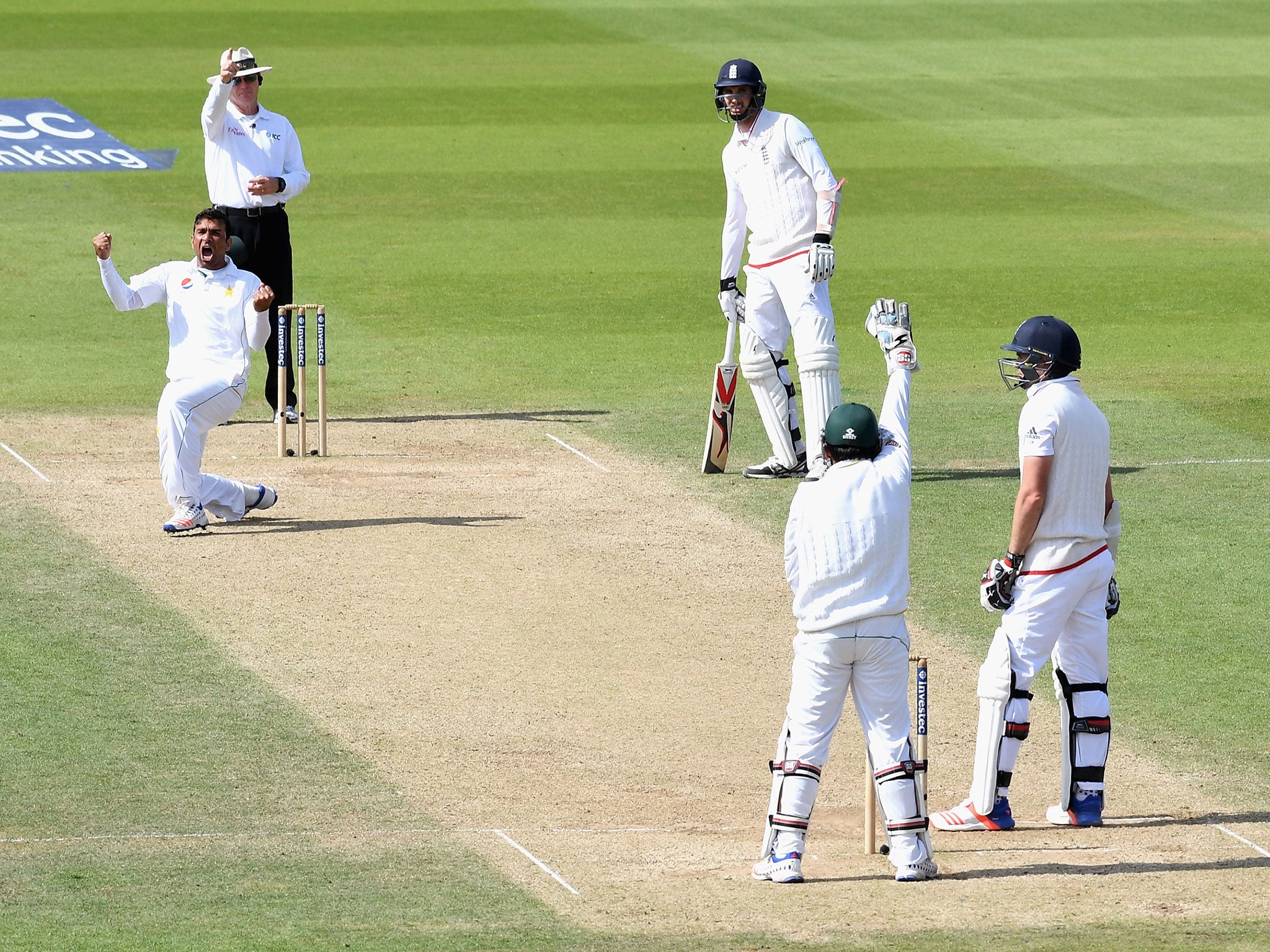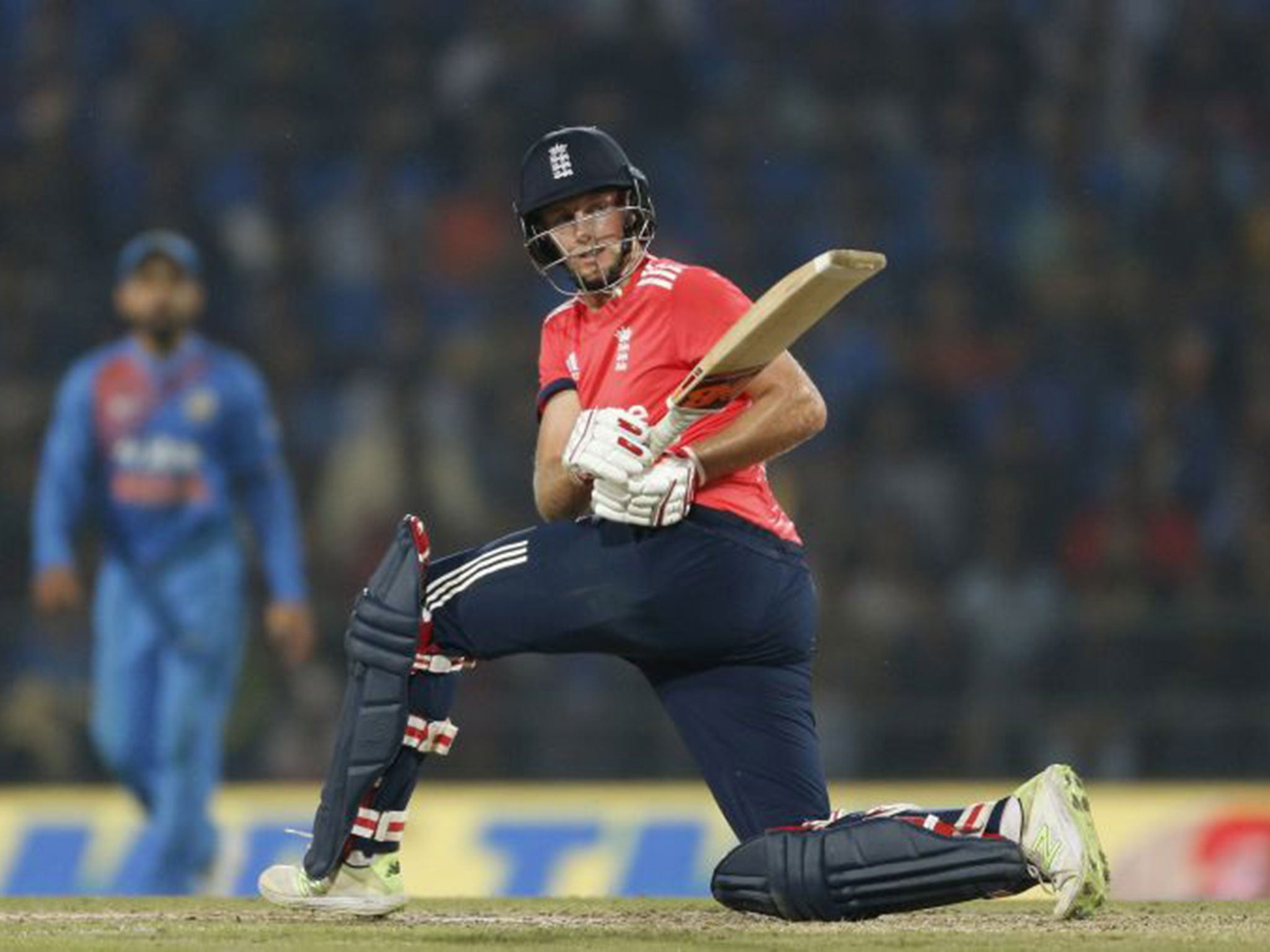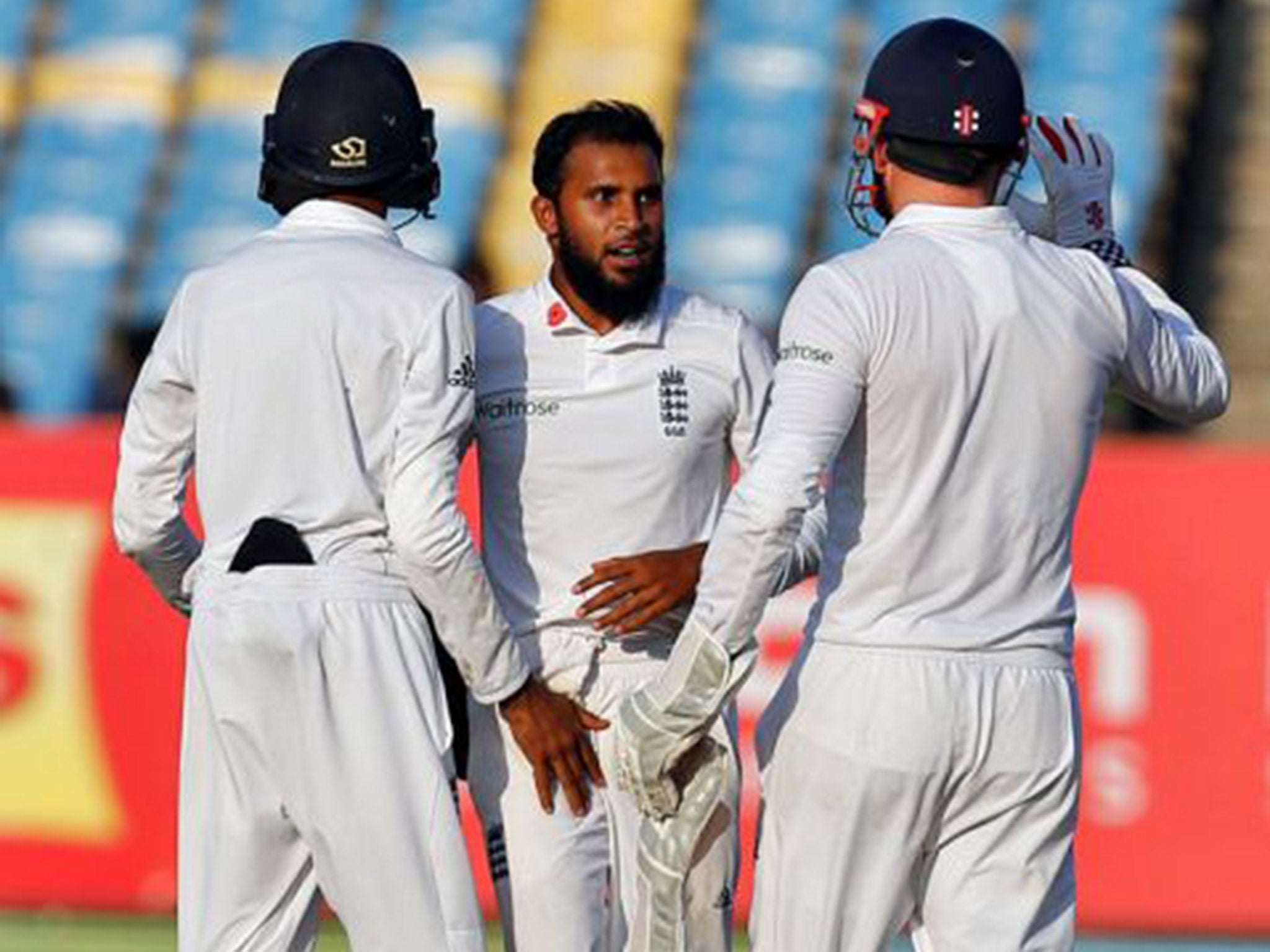Joe Root's in-tray: Six things the new England captain needs to address
Root faces the daunting task of injecting a new lease of life into an England side that has grown 'stagnant' in recent years

Joe Root was named the new England Test cricket captain on Monday afternoon after the England and Wales Cricket Board chose the batsman as the suitable replacement for Alastair Cook, following his resignation from the position last week.
The 26-year-old becomes England’s 80th Test captain, the 10th of whom hails from Yorkshire, and his promotion will see all-rounder Ben Stokes take on the vice-captain duty that Root vacates.
So what does Root need to address as he prepares to become the new England captain?
The sense of stagnation
Joe Root takes over a team who, for all their manifest potential, have been no better than middling in the last two years. Since the start of 2015, England have won 12 Tests and lost 14, and Alastair Cook admitted the team “stagnated” last year. A particular concern is their abject record in the last match of series: England have now lost the final Test in eight of their last nine series.
His own lack of experience
Root has only captained in four first-class matches and, in one of those, Middlesex chased down 472 in the fourth innings against Yorkshire. If that is the modern way, an inevitable corollary of a relentless schedule that deprives England players of being able to play much domestic cricket, it is still not ideal. At least England have recognised the problem, enlisting a former army captain to imbue those on the periphery of the side with leadership qualities.
Overcoming the insane schedule
"Everybody talks about the weather, but nobody does anything about it," Mark Twain once bemoaned. So it is with the international cricket schedule: administrators claim to be addressing it, yet it only becomes more absurd. That will reach a new height in the coming months: England’s summer international programme stretches from May 5 to September 29, the longest in history, and is followed by a five-month tour of Australia and New Zealand. It is even intense for those who are Tests specialists: England play seven Tests from July 6 - September 11. So the workload of crucial players, including Root himself, must be managed to prevent England collapsing under the weight of their ludicrous fixture list. That, combined with the fine job Eoin Morgan has done as limited overs captain, should also ensure that England resist the superficial attraction of uniting the captaincy in all three formats of the game.

His own batting
In assuming the captaincy, Root ensures that the four leading 20-something batsmen in the world today - Virat Kohli, Kane Williamson and Steve Smith - are all now Test captains too. The first three have managed the switch without any negative impact on their batting - indeed Kohli seems to attain new heights with every innings - and now Root must try and do the same, thereby ending his infuriating habit of failing to convert 50s in hundreds. The batting returns of recent English captains has tended to improve in the first year, galvanised by extra responsibility, before gradually being eroded thereafter, as the captaincy comes to seem an ever-increasing burden.

The potency of the bowling attack overseas
Ever since James Anderson was recalled nine years ago, his unstinting excellence and immense skill, with new ball and old, has been a constant. But Root might have to use Anderson a little differently. Anderson turns 35 later this year, and has taken five wickets in his previous four Tests in between a series of minor injuries. The arduous modern schedule might require Anderson to be deployed when conditions are most suitable, and no longer play every game. Either way, England will have to improve their threat on flat wickets, and badly need one or both of Steven Finn and Mark Wood, two bowlers with the capacity to overcome unfavourable conditions, to return to their best. While the attack can be lethal in English conditions, it is altogether less effective outside them: Chris Woakes, for instance, has only eight wickets in seven Tests abroad. Underpinning these concerns is the realisation that England are still short of a consistent Test-class spinner. It will be intriguing to see whether Root pushes for his county team-mate Adil Rashid to become a regular.

Giving the batting order more backbone
Perhaps the most obvious area of improvement is for the team to gain more consistency with the bat. Should Cook be reinvigorated back in the ranks it would help, but there is a broader culture challenge: the need to balance the aggressive intent of England’s batsmen with choice discipline when the occasion demands. Far too often, the team collapses like a 1990s tribute act. At Dhaka in October, England followed a century opening stand by losing ten wickets in 22.3 overs. At Chennai two months later, a century opening stand was the prelude to losing ten wickets in 48.2 overs. Sometimes, the mantra of ‘that’s the way I play’ is not appropriate. Without neutering the line-up’s capacity to thrill, Root must address why the batting has too often been flaky and prone to self-implosion.
Join our commenting forum
Join thought-provoking conversations, follow other Independent readers and see their replies
Comments
Bookmark popover
Removed from bookmarks